Fedcap Inc. Launches the Veterans Forward Program to Help Veterans, Service Members and Their Families Across the State of Maine
Fedcap Inc.’s Veterans Forward Received $500,000 from the Federal Government to Kickstart the Program to Help Homeless Veterans
South Portland, ME—Fedcap Inc. is launching Veterans Forward to provide veterans, service members, and their families critically-needed support in emergency situations such as housing, substance use treatment, home heating assistance, food and clothing, and job training across the state of Maine. Fedcap Inc.’s Veterans Forward is essential given rising costs due to record inflation that put additional financial stress on many military families.
Grant Collins, President of Fedcap Inc. said, “We must do a better job of serving our heroes and their families who have sacrificed so much for their country, and launching Veterans Forward will help provide the support they deserve. Fedcap history is deeply rooted in serving service members, veterans and their families given we were founded by WWI veterans. This is another example of our commitment to improving the economic well-being of the people of Maine.”
Fedcap Inc. worked with the former Veterans Count Maine chapter, led by its Treasurer Dennis Brown, to create Veterans Forward. Brown said, “Fedcap welcomed us with open arms. Fedcap was quick to recognize this important need and immediately began putting the pieces together. We thank Fedcap for their dedication to our service members, veterans, and their families.”
To help kickstart the Veterans Forward program, the United States Department of Labor awarded Veterans Forward $500,000 for a Homeless Veterans Reintegration Program (HVRP) to help homeless veterans and those at risk of homelessness gain stability, get training and pursue high earning careers in Maine’s leading industries.
For more information about, or to support Fedcap Maine’s Veterans Forward program visit https://fedcapmaine.org/veteransforward/.
ABOUT FEDCAP IN MAINE
When it comes to helping Mainers, Fedcap knows how to roll up their sleeves and get the job done. Known widely for their program Families Forward and their excellence in employment services, Fedcap is expanding on what they do best to meet an ever-growing need—to serve Maine’s veterans. For over six years, Fedcap Inc. has provided services in Maine for low-income families, including veterans, through their Families Forward program. Since implementing Families Forward in 2016 they have served over 20,000 Mainers. Families Forward has assisted Mainers to secure 12,000 jobs, adding hundreds of millions to the Maine economy. Families Forward has placed more than 5,000 participants into educational activities including certification and college degree programs. Families Forward is the largest and most successful workforce development program in Maine. With sixteen offices in Maine from Sanford to Fort Kent, it has well-established community connections and the resources to provide quality care to our veterans.
CONTACT
Michael Bernier, AVP Communications/Operations, Fedcap Inc. – Serving Maine
220 Maine Mall Rd, South Portland ME
Mobile: (207) 295-5521 | Office: (207) 835-8318
mbernier@fedcap.org

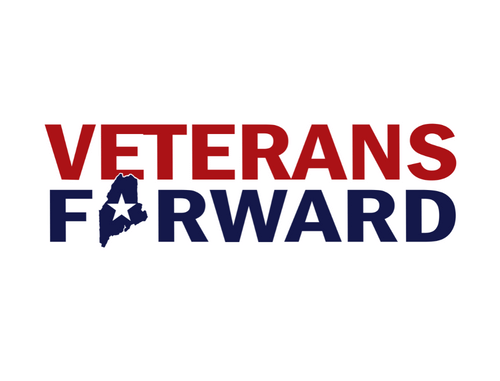
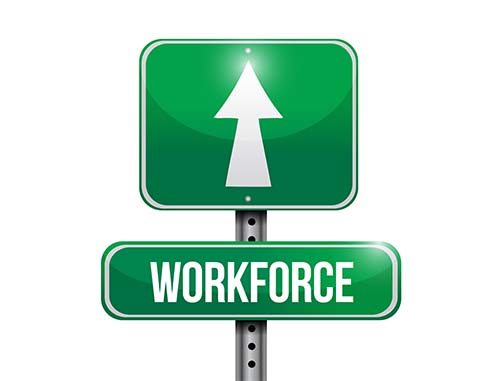




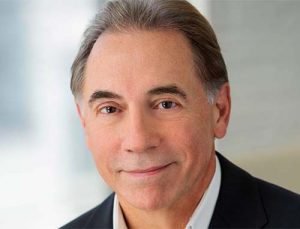
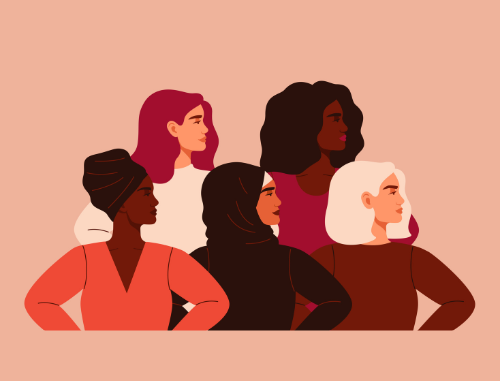


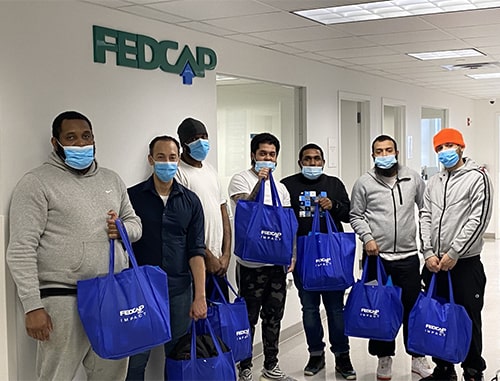
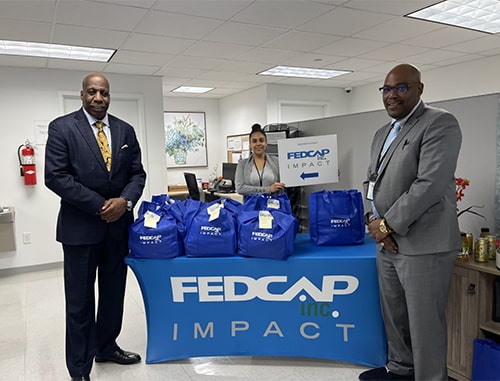 On May 19th at around noon, the Mayor’s Office of Criminal Justice (MOCJ) and NYC Department of Corrections (DOC) contacted Silvia Estrada, Director of Justice Initiatives for Fedcap Inc. Nineteen men were being released from Rikers Island early as part of a 6A initiative (Rikers Early Release due to COVID), and 14 of them would be coming to Fedcap between 6pm and midnight. The men didn’t know they were being released until that day. Would she be ready to receive them?
On May 19th at around noon, the Mayor’s Office of Criminal Justice (MOCJ) and NYC Department of Corrections (DOC) contacted Silvia Estrada, Director of Justice Initiatives for Fedcap Inc. Nineteen men were being released from Rikers Island early as part of a 6A initiative (Rikers Early Release due to COVID), and 14 of them would be coming to Fedcap between 6pm and midnight. The men didn’t know they were being released until that day. Would she be ready to receive them?